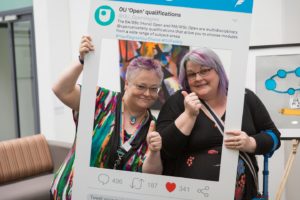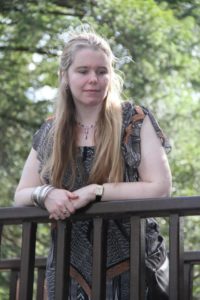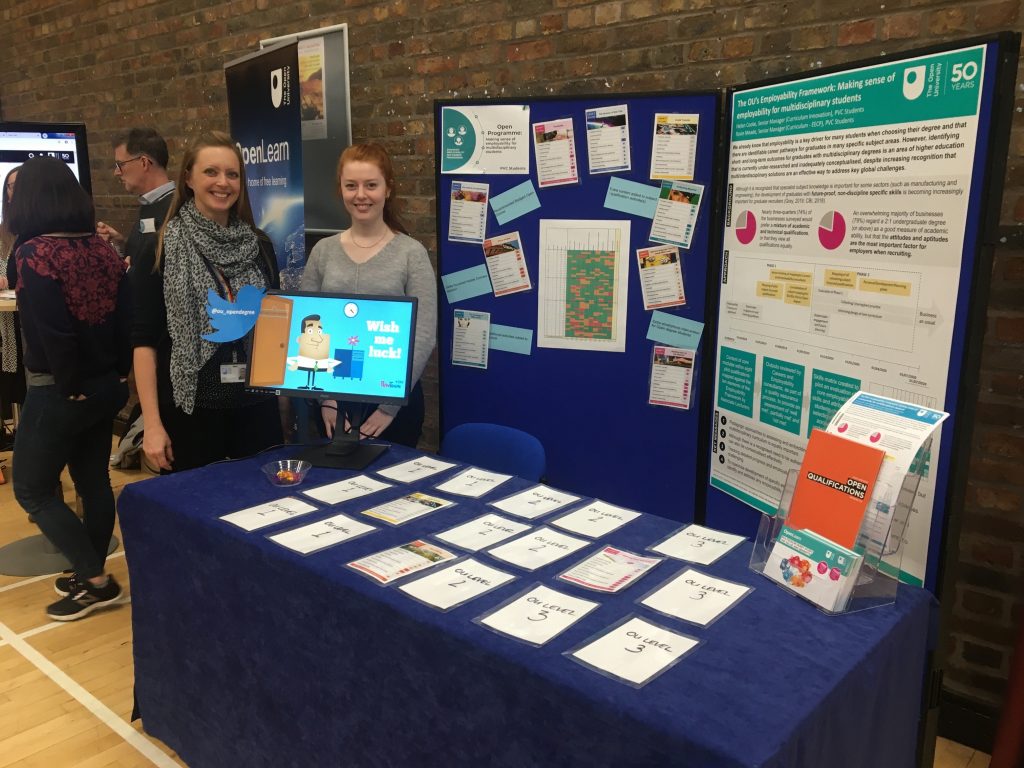So, I’m coming at this from a slightly different angle… My area is ‘open education’ in its new interpretation.
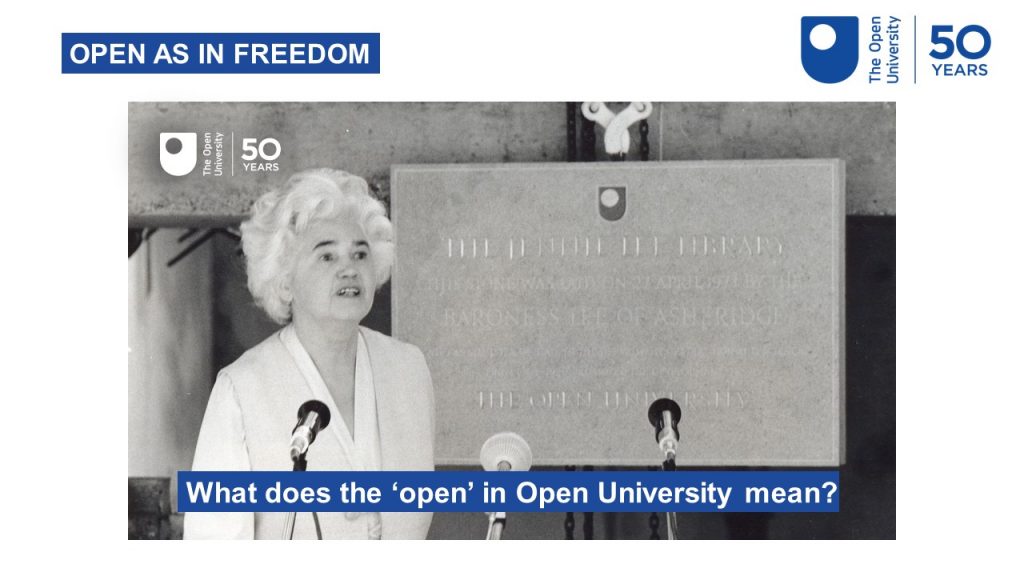
I did my inaugural lecture this year (despite having been a Professor for about 15 years, they finally got round to it!). I was exploring this question ‘What does the Open in Open University mean?’ and I made the pitch that, up until the mid-90s, ‘open education’ more or less meant the Open University model. But since then, with the arrival of the internet, that definition had changed and there’d been a kind of diversification of interpretations. So, I asked the audience ‘What does the Open in the Open University mean to you’, around things like accessibility, knowledge, bringing the students in, all of the things you might expect.
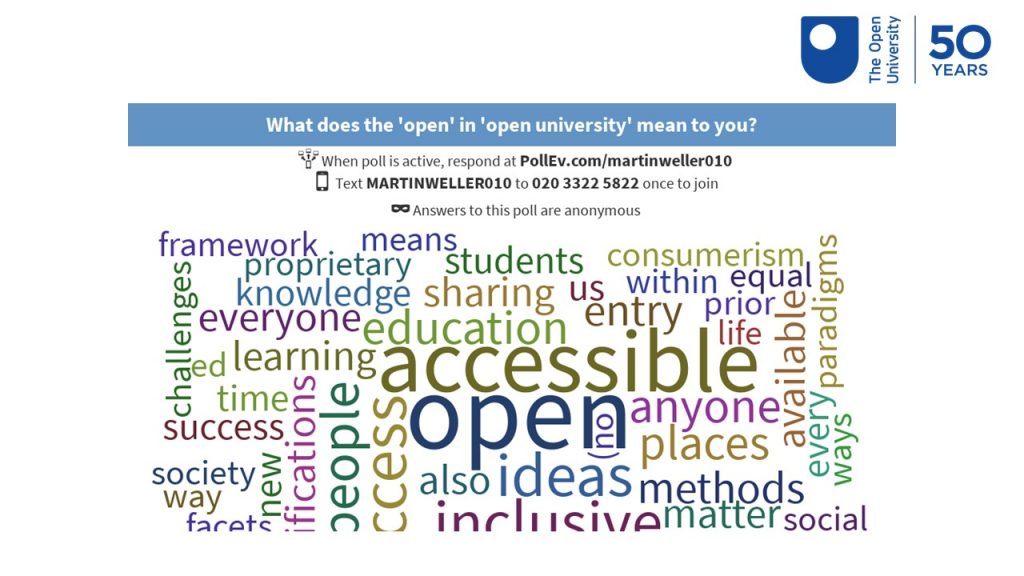
But I think it’s interesting that amongst that list isn’t ‘freedom’ or ‘choice’. So then I went on to ask some other things. I explored these new definitions of open education, so ‘MOOCs (massive open online courses)’; ‘OERs’ (open educational resources, such as OpenLearn); ‘open educational practice’, which you might classify as what educators do in the Open, sharing practice, that kind of thing; ‘open textbooks’, which are openly licensed textbooks that educators and students can take and adapt; ‘open access publications’ or ‘open access data’ so anyone can take them and use them; and ‘open pedagogy’, which you might describe as using open principles and how you teach, whether that’s getting students to change things or operating in the open.
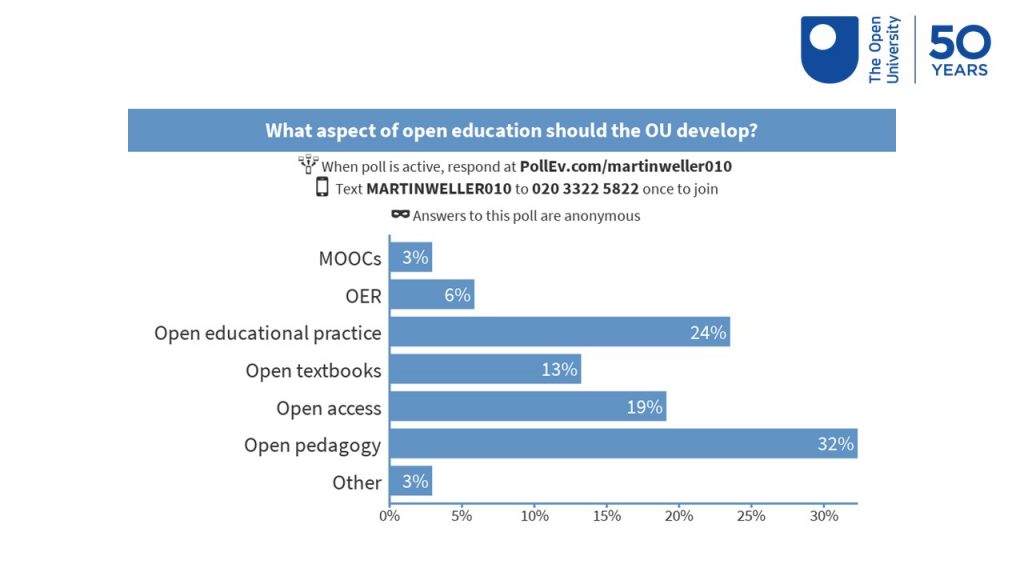
And I said to the audience on the night: ‘Pretend you are the Vice Chancellor for a year, what would you focus our resources on?’ I think, slightly to my surprise, ‘open pedagogy’ came out as the clear winner there, and I think that has a lot to say to the Open Programme.
I also put forward this model that we’ve been looking at of how universities around the globe are trying to think about openness and flexibility and we came across a number of different perspectives of that. Again, I asked the audience to think about this, so the OU scores quite well on some of those things, like having Open access to content in many ways, but not so well in other ones.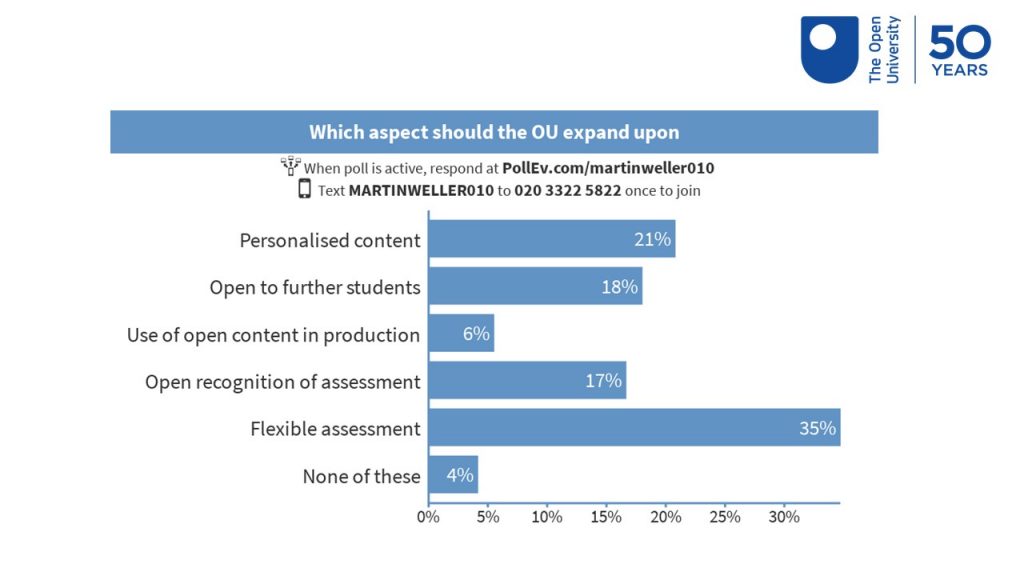
So, of the ones we [the OU] didn’t score very well on, I asked the audience what we should focus on, so it was:
- Personalised content – so learners can get different types of content to support their needs or interests;
- Open to further students – so a radical idea might be that all our courses are open, anyone can access them and you pay for accreditation;
- Use of open content in production – a disappointingly low score [laughter];
- Open recognition of assessment – so much like we do with the YXM course, enabling students to bring in learning from elsewhere; and
- Flexible assessment – which is like allowing students to take different types of assessment and at different times.
Again, I was really pitching hard for open content in production which didn’t work at all [laughter], but flexible assessment was a clear winner, and I think, again, that speaks a lot to the Open Programme.
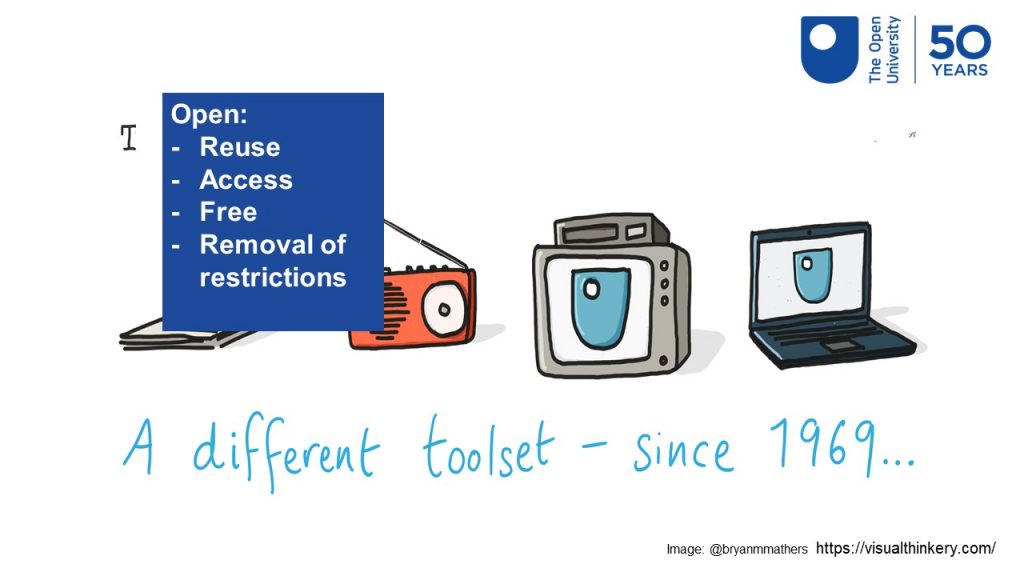
Where we are now in the broader Open education movement is that openness has come to refocus around re-use, being able to take other people’s content and data and adapt it for your own purposes, for the use of things like creative commons licenses; open access, whether that’s open access publications, books, data again, so you can get to the stuff; and just free, particularly MOOCs, that’s the kind of offer they make is free study. So really, openness has meant the removal of restrictions in many cases.
And I think that’s good and worthy work, but really, it’s just the base level for interesting things to now happen and I think those interesting things are around some of the things that people responded to – around open pedagogy and flexible assessment. I spent a long time, from about 2012 to yesterday, being really annoyed with the way people discovered MOOCs as like “hey look, it’s the first generation of massive online learning” as if no-one’s been doing online learning before [laughter]. And I think there’s a real opportunity that Open choice is the next big thing; having laid that kind of ground work for Open education, I think people will now start to talk about having choice within that, for all those reasons that Liz, Peter and Jay mentioned, to that whole idea of learner agency and tackling all those problems. If you think about climate change and all of those big global problems, you need these kind of things. And I’ve seen at least one article so far, but I can bet within the next 2 or 3 years you’ll see lots of articles of like “hey, so-and-so University has developed this ‘open’ pick and mix module” and “we’ve invented it” and we [the OU] will be saying “hey, over here!”. So I think there’s a real opportunity for us to claim this ground but sometimes it’s difficult when you’ve been doing it for 50 years, you don’t see it as new. And how do you make it a new story?
So, I guess my challenge to us is how we make this seem new and innovative and to meet all those needs, but I think it’s definitely a way forward.
And so, go forth, and talk about Open choice!

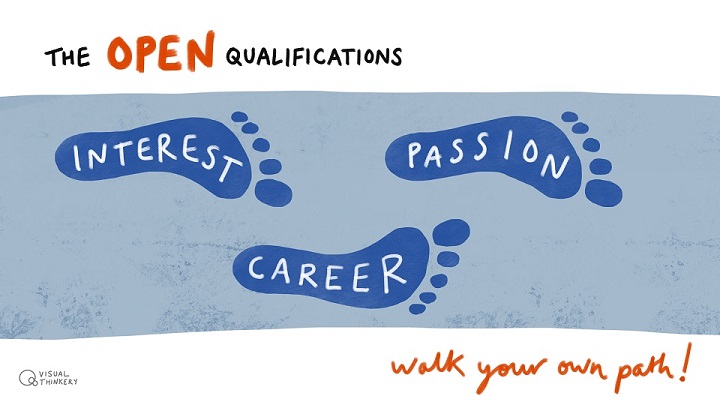
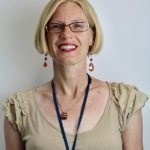 Ute Manecke is a Learning and Teaching Librarian at the Open University. She’s supporting modules in production and presentation including those that are part of the Open Programme through digital information literacy integration. She also runs online training sessions for students and answers enquiries at the library’s virtual helpdesk. Ute also currently studies one of the OU’s postgraduate creative writing modules and has her own blog. Other things she enjoys are walks and runs, writing and reading, tea and coffee and the company of cats.
Ute Manecke is a Learning and Teaching Librarian at the Open University. She’s supporting modules in production and presentation including those that are part of the Open Programme through digital information literacy integration. She also runs online training sessions for students and answers enquiries at the library’s virtual helpdesk. Ute also currently studies one of the OU’s postgraduate creative writing modules and has her own blog. Other things she enjoys are walks and runs, writing and reading, tea and coffee and the company of cats. 